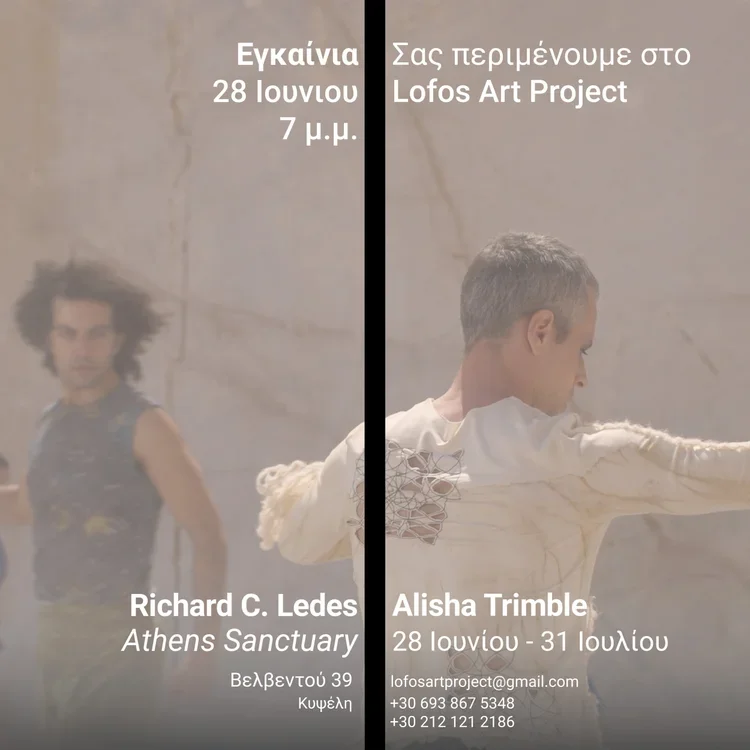Mahmoud Khalil is free
No Human Is Illegal - Athens Sanctuary
June 24th, 2025
I have sometimes doubted my choice of No Human Is Illegal as the title of my 2017 film that I made about undocumented immigrants—who, in the film, I consistently refer to as “refugees”—forced to remain on the island of Mytilene and not allowed to proceed further into Europe.
The declaration “No human is illegal” is often attributed to Elie Wiesel, the Romanian-born American writer, Nobel laureate, and Holocaust survivor. My own research has only been able to verify a time when he is reported second-hand to have said this. The reason I originally chose this title is because it was spray-painted on the encircling wall of Camp Moria, the largest and most notorious of the locked camps for immigrants when we were on the island. This declaration was finally covered over when the wall was painted with a fresh coat of white paint, just as we were leaving and just before Pope Francis was to arrive.
For sure, the title is an oversimplification. Nevertheless, the college students who were volunteering to help me find an audience for the film were adamant that they wanted to keep the title.
Earlier this week, when Mahmoud Khalil was released, he was asked what his message was to other immigrants in America. He answered by saying, "No Human Is Illegal." I felt a new rush of gratitude for the young people who had made me stick with this simple premise for its title.
My experience on Lesvos making that film with Florina Titz, Valentina Caniglia, Tammy Douglas and the other members of the crew marked me. I was fortunate to be working with three such extraordinary women filmmakers. They pushed for us to interview and hear the experiences of numerous women among the undocumented migrants. Thanks to these three women we were able to get interviews that otherwise we would never have been able to obtain. Each night over dinner we would process that day’s experiences and prepare for the next day.
The video installation Athens Sanctuary, opening in Athens June 28th at the Lofos Art Project and running through July at the gallery is my return to working in Greece. Athens Sanctuary is also, in a way, my return to our experiences on Lesvos and to my own working with the politics of these memories. With Athens Sanctuary I do this through Greek tragedies condensed into dance and music that are so integral to this form of drama.

